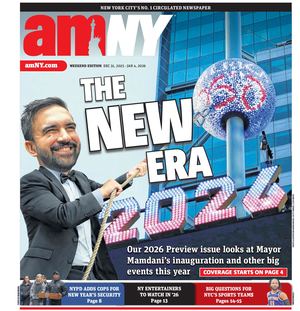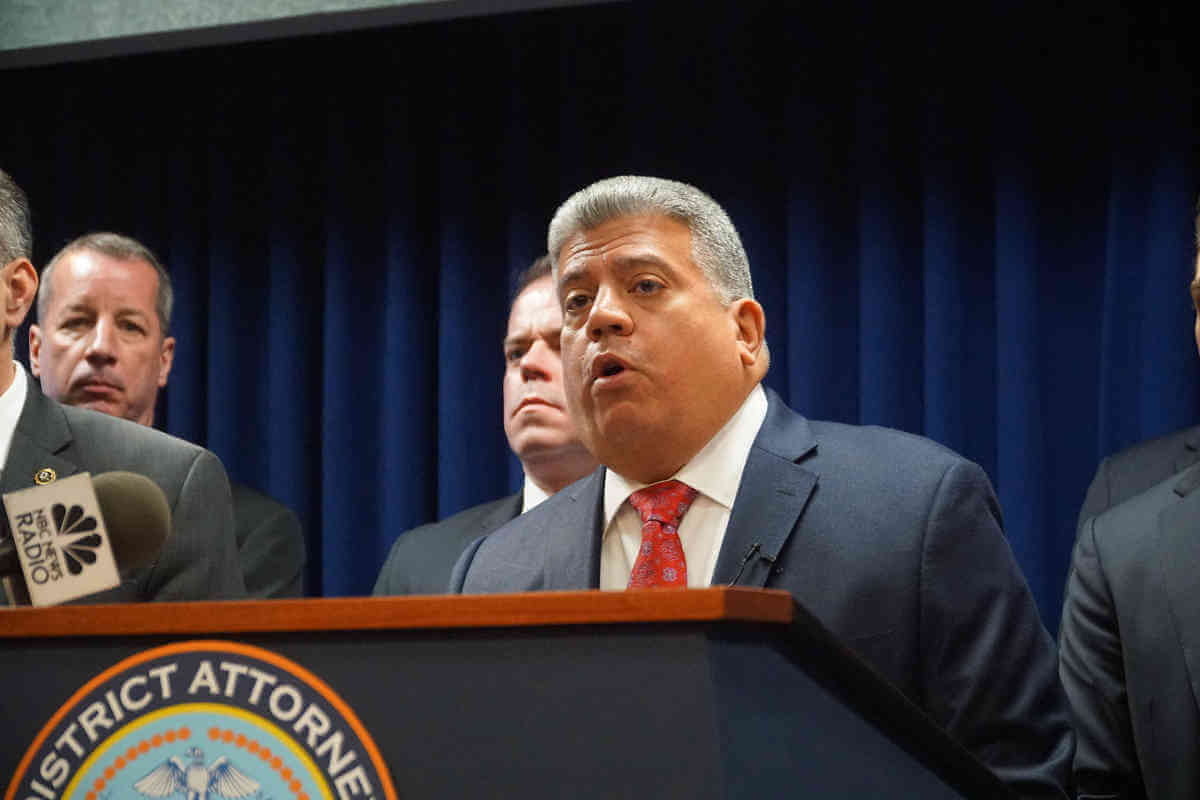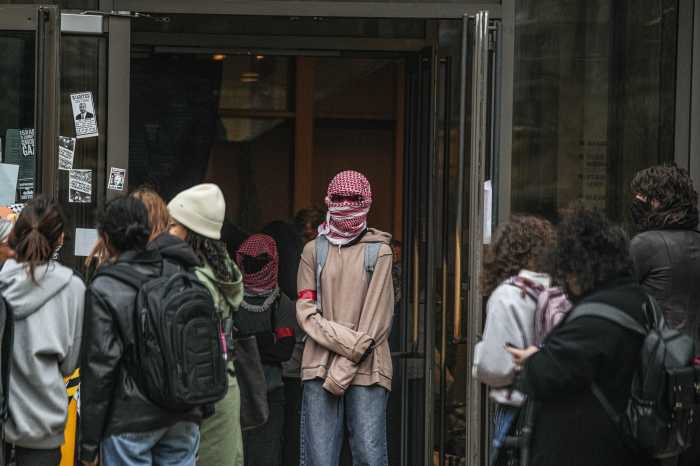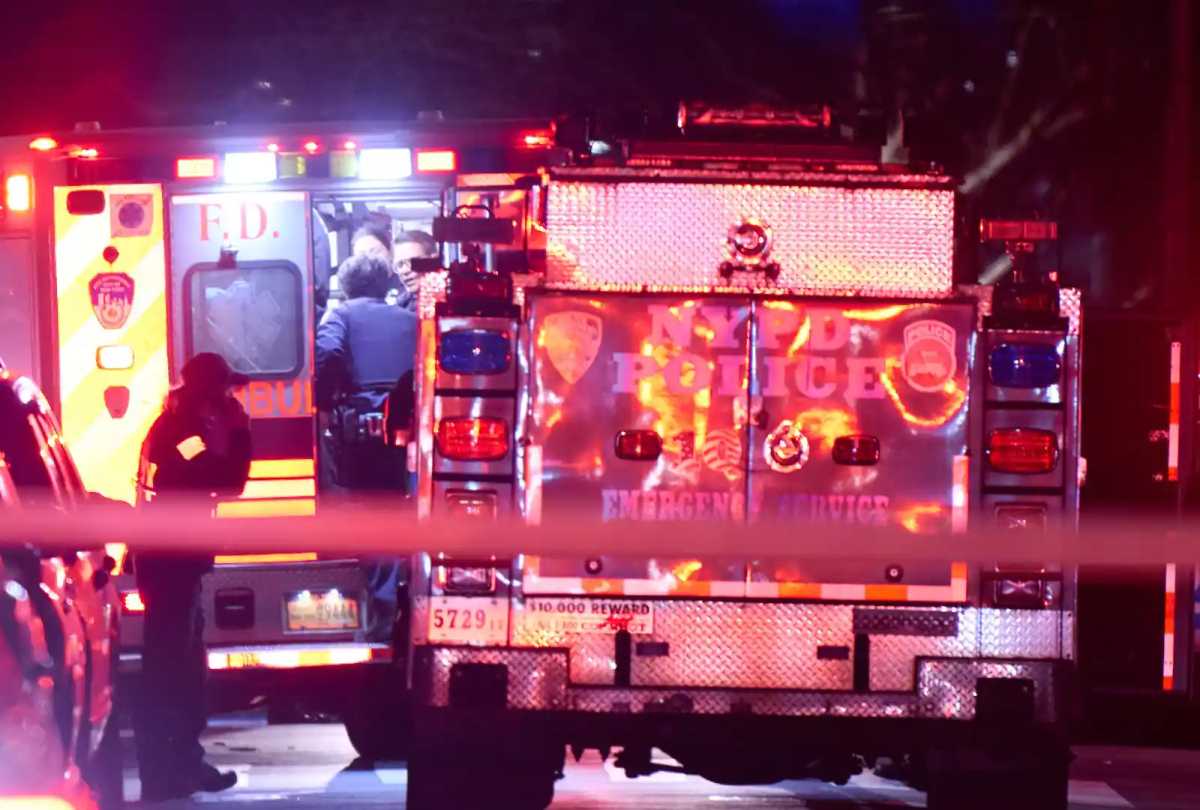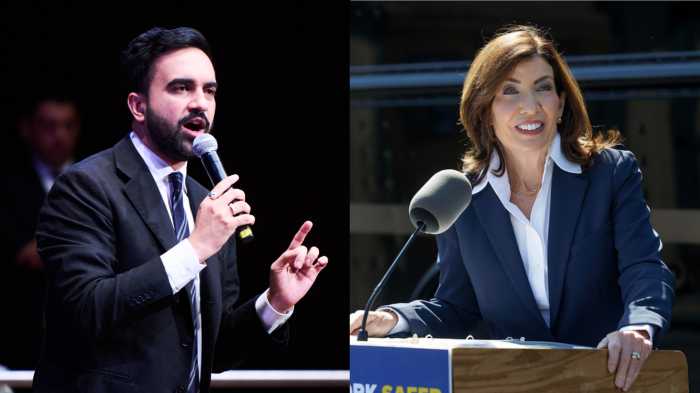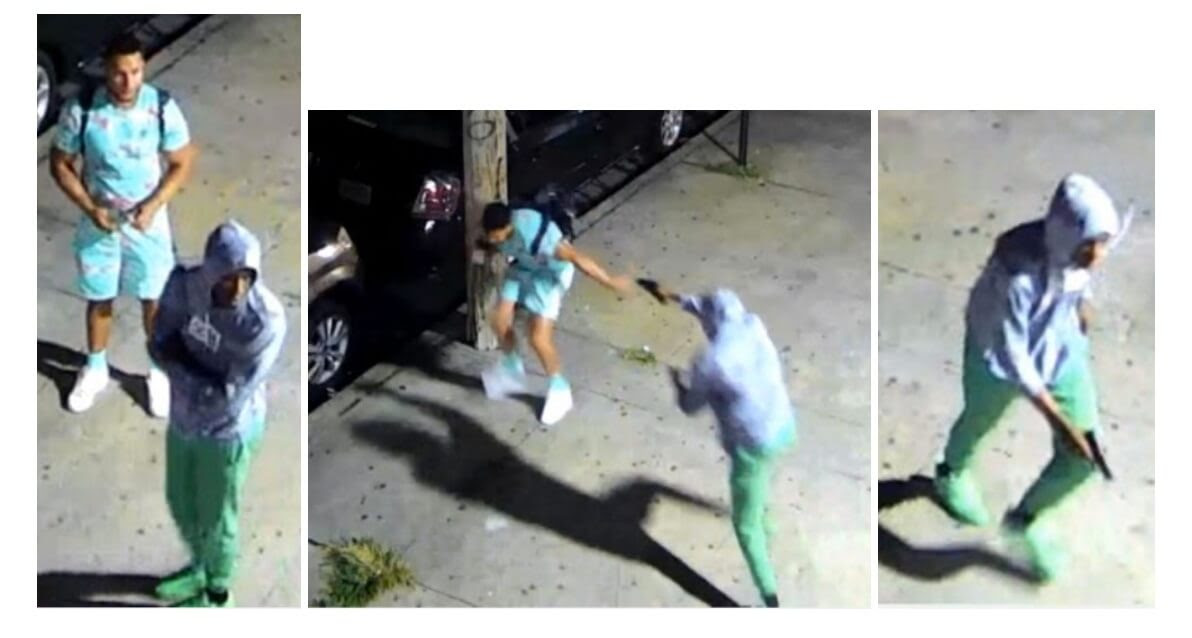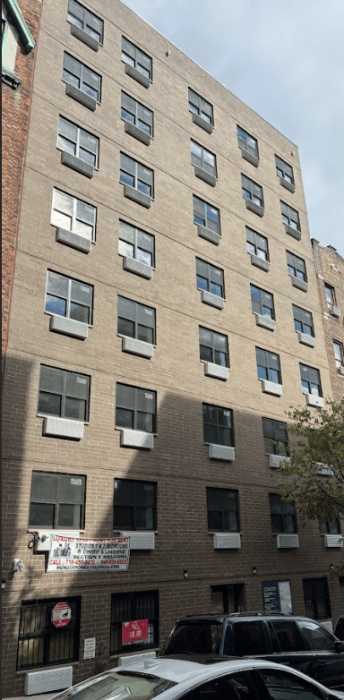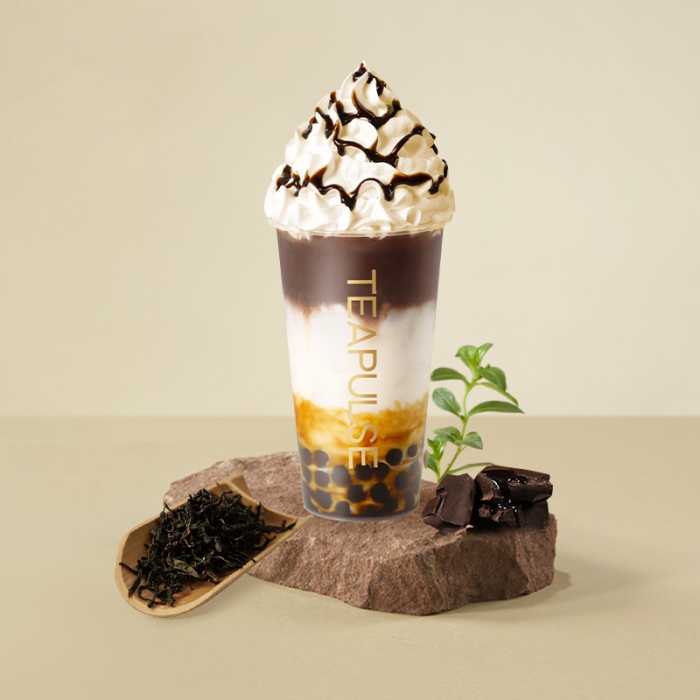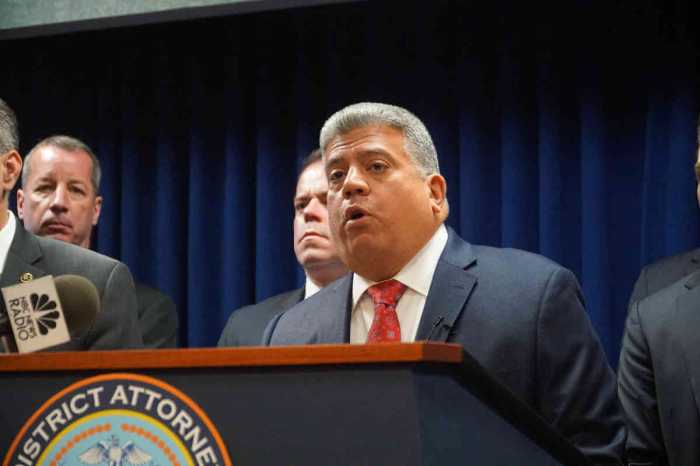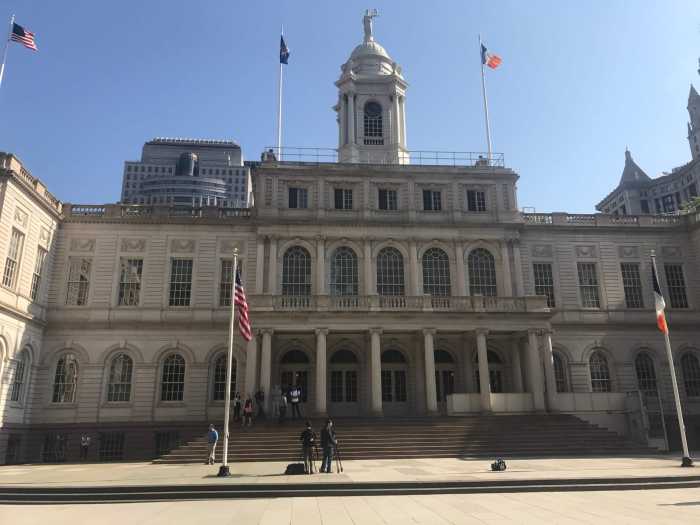More bad weather means more problems.
What drives calls in cold weather “is heat and hot water complaints,” said Shaleem Thompson, a communication analyst for NYC’s 311 system. While the city received 230,283 complaints about inadequate heat and hot water last year, it’s already racked up 27,342 so far in the first month of 2014. Residents are advised to inform their landlord, managing agent or superintendent before calling 311, texting 311-692 or making a complaint online at nyc.gov/311.
Snowy or icy sidewalks are another 311 issue, although callers should chill with the complaints until the snow stops: Property owners are given four hours to clear sidewalks if a snowfall ends between 7 a.m. and 5 p.m. For snowfalls that stop between 5 p.m. and 7 a.m., the grace period is until 11 a.m. 311 can also give you information on school closures.
For conditions that pose an immediate danger, such as fires, smoke conditions, carbon monoxide leaks and down power lines, 911 is the go-to number. Fires are often inadvertently sparked by residents trying to stay warm in the chilly homes.
A stove or oven should never be used to heat a home, despite the temptation to do so when the temperature nosedives, said a spokesman for the FDNY. Never use an extension cord with a space heater or any other large appliances, such as refrigerators or freezers. If you do opt for an area heater, make sure any flammable object is at least three feet away, and keep it well away from bedding, which is the leading item ignited by portable heaters in bedroom fires.
If you spot a downed power line, just call 911 and 1-800-75CONED or email www.coned.com. (ConEd iPhone and Android apps are also available on the website.)
But the snow that dumped Tuesday is less likely to bring branches down on power lines than high winds and wet, heavy mixtures that freeze, said ConEd spokesman Sidney Alvarez.
If you have a power failure, find out if your neighbors are affected too, and have your ConEd account number before calling.
And, to be safe, make sure your flashlights and battery-operated radios are in working order in the event of an outage, and that you have extra batteries on hand.
(Sheila Anne Feeney)
